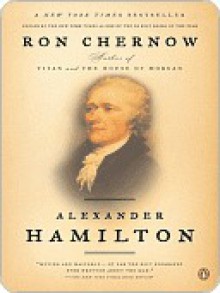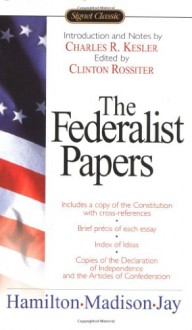
In 1789 the United States started what amounted to a national reboot, as a new republic created by the ratification of the Constitution began operation. This was a massive and far-reaching endeavor, one that involved the creation of new offices and branches of government, the redefinition of institutions, and a new assessment of relationships with both the thirteen states and the American people. What was at stake was nothing less than the very survival of the country as a union of states, as all of this took place under the shadow of the failure of the Articles of Confederation to provide for a government capable of tackling the challenges facing the country in the aftermath of the American Revolution, with the likely possibility that this would be the last opportunity to make union work before the country disintegrated into thirteen independent states competing with each other —or even being reabsorbed into the British empire.
This effort to launch a new republic is at the heart of Gordon Wood's history of the first two and a half decades of the United States under the federal government. As a preeminent scholar of American political thought and the revolutionary era, there are few historians better suited to the task of writing about this period of the nation's history. What he produces is a sophisticated account that explains the magnitude of the task facing the country during this period, how it was addressed by the men involved, and how their solutions provided the details lacking in the initial framework of the country. To do this, Wood starts with an extended exploration of that framework as it was perceived by the political actors of the era, reflected not just in the recent debates over the Constituton but in how they sought to turn the structure described in the document into reality. This involved filling in the details with laws passed in the new Congress; the actions and tone set by the president, George Washington (who occupied an office with no immediate parallel in the Western world); and the decisions and authority of a new body of judges, who occupied offices viewed with distrust by many people.
As political leaders worked out these details, differences emerged that reflected divergent visions of the nation. Four men in particular stand out in Wood's description of this divergence. Two of them, Alexander Hamilton and John Adams, advocated a strong national government backed by a socially conservative and hierarchical society. The other two, Thomas Jefferson and James Madison, soon emerged in opposition to this, arguing for a smaller government that gave more latitude for the lower classes. Around these men coalesced the first national political parties, the Federalists and the Republicans, who fought with a bitterness that reflected the fact that the very concept of political opposition had yet to be established. This gave the politics of this period (which was still very much a preserve of the elite) a uniquely sharp edge.
In the end, the Republicans got the better of the argument, largely due to the broader changes taking place throughout the country. Wood describes well the evolution of American society during this period, which created a more egalitarian country than was envisioned by most of the Federalists. Yet by controlling the federal government for the first twelve years the Federalists were able to imprint their vision upon the country in ways that subsequent Republican Congresses and administrations were unable to alter. This was due in part to Republican disagreements as to how to undo the Federalist design, and to events overseas which underscored the need for a national government capable of expanding the nation and defending its interests abroad. The War of 1812 served as the embodiment of this need, as President Madison found his ability to wage war hampered by the underdevelopment of the country and the Republican limitations on government. Nevertheless, the nation's emergence intact from the war served as an affirmation of the success of the Constitution, reflecting its success in addressing the problems of the previous quarter-century.
In describing the history of this period, Wood displays the insights gained from a lifetime of scholarly study. This comes through on every page of the text, as he fills the book with carefully argued analysis backed by a wealth of scholarship. While Wood leans a little too heavily on his strengths as a historian of political ideology, his book untangles the complex issues of a vitally important period in American history. It makes for a sterling contribution to the Oxford History of the United States series, one guaranteed to endure as the standard text on the era for decades to come.

 Log in with Facebook
Log in with Facebook 








